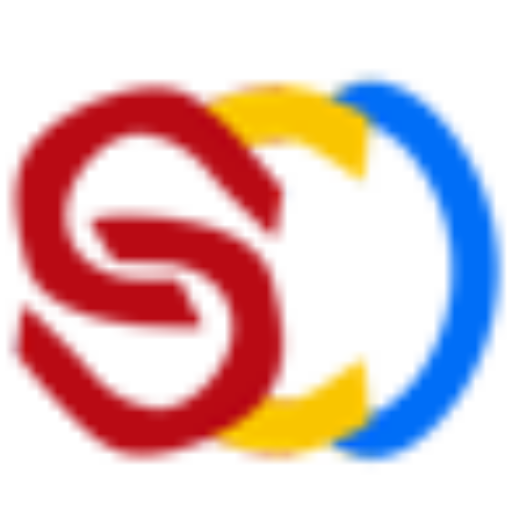What Your Doctor Wishes You Knew (And You Can Learn Online)

Let’s be honest: navigating the healthcare system can feel like speaking a different language. Ever sat in the doctor’s office, nodding along while not fully understanding what’s being said? You’re not alone—and no, you don’t need a medical degree to fix it.
Here’s the good news: there are online health courses designed specifically for non-medical people. They won’t turn you into a doctor, but they will help you ask smarter questions, spot red flags earlier, and feel more in control of your own (or your loved one’s) health journey.
So, what exactly do doctors wish we knew before we showed up in the exam room? Let’s break it down—and show you how to learn it online.
1. Basic Medical Terms Aren’t Just for Doctors

Doctors spend years learning terminology, but you can get a head start with just a few hours of online learning. Courses in “Medical Terminology 101” teach you how to break down words like tachycardia (fast heartbeat) or gastroenteritis (stomach flu). It’s like learning the health world’s secret code.
Where to learn it:
Coursera: “Medical Terminology” by Rice University
Udemy: “Medical Terminology Made Easy”
Why it matters: When you understand the language, you won’t get lost in the jargon. That means clearer conversations, better decisions, and fewer “I’ll Google it later” moments.
2. Not All Symptoms Are Emergencies—But Some Are

Doctors often wish more patients understood when to wait and when to act fast. Online courses on basic triage, first aid, and recognizing warning signs (like a stroke or heart attack) can save lives—and reduce unnecessary ER visits.
Where to learn it:
Red Cross Online Training: “First Aid, CPR and AED”
FutureLearn: “Basic First Aid” by St John Ambulance
Why it matters: You’ll know when a fever is manageable at home and when chest pain means calling 911.
3. Nutrition Is Not Just About Weight

Many doctors see patients struggling with conditions that are deeply connected to food—diabetes, heart disease, even anxiety. But sadly, most people get their nutrition advice from influencers instead of science.
Where to learn it:
Stanford Online: “Introduction to Food and Health”
Harvard edX: “The Health Effects of Dietary Fats”
Precision Nutrition: Foundation Nutrition Courses (non-professional level)
Why it matters: Doctors wish you understood how sugar, fiber, hydration, and processed foods impact your long-term health. With the right course, you can learn to read a food label—and actually know what it means.
4. Mental Health Is Part of Your Health

Your doctor doesn’t just care about your body—they care about your mind, too. Unfortunately, many people hesitate to bring up things like anxiety, burnout, or low mood during appointments.
Online mental health literacy courses can help you recognize symptoms, develop coping strategies, and understand when to seek help.
Where to learn it:
Yale University (Coursera): “The Science of Well-Being”
Mind Control: Managing Your Mental Health During COVID-19 by the University of Toronto
OpenWHO: Psychological First Aid (free)
Why it matters: Understanding your own mental health vocabulary gives you the confidence to speak up—and get help earlier.
5. Yes, You Can Understand Lab Results

Those cryptic test results you get after a blood draw? They’re not meant to confuse you—but they often do. While your doctor should explain them, it helps if you come in with a basic understanding of what terms like “WBC,” “HDL,” or “creatinine” mean.
Where to learn it:
Udemy: “Understand Your Blood Test Results”
Khan Academy Health & Medicine section
Why it matters: You’ll stop fearing every abnormal number—and start understanding trends, context, and what actually needs follow-up.
6. The Healthcare System Isn’t Designed for Simplicity—So You Have to Be Your Own Advocate

From navigating insurance to understanding treatment options, many doctors wish patients knew how to ask the right questions, keep track of their own records, and advocate for themselves—especially with chronic or complex conditions.
Where to learn it:
Coursera: “Health Literacy and Communication for Healthcare Professionals” (still helpful for patients!)
Patients Rising University: Free advocacy and navigation tools
GetTrainedToHelp.com: Health system navigation mini-courses
Why it matters: Doctors want you to feel empowered, not overwhelmed. When you know how to ask, follow up, and push for clarity—you become a better partner in your own care.
Final Thoughts: Learning Health Is Learning Power
Doctors don’t expect you to be an expert—but they do appreciate when you take an interest in your own well-being. By learning just a few basics online, you’ll show up more prepared, less confused, and more confident in the exam room.
These courses aren’t just “nice to have”—they’re life tools. Tools that help you take better care of yourself, your family, and even your community.
So the next time you hear a scary-sounding diagnosis or get a copy of your test results, imagine your doctor saying, “You’ve got this.” Because with a little knowledge—you really do.






